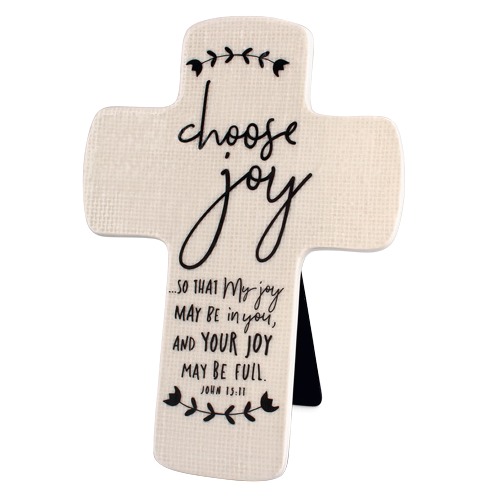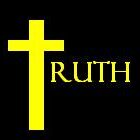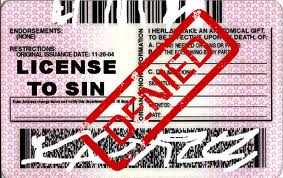Although great trouble accompanied the Word, you were able to take great joy from the Holy Spirit!—taking the trouble with the joy, the joy with the trouble. Do you know that all over the provinces of both Macedonia and Achaia believers look up to you? …
Read More


